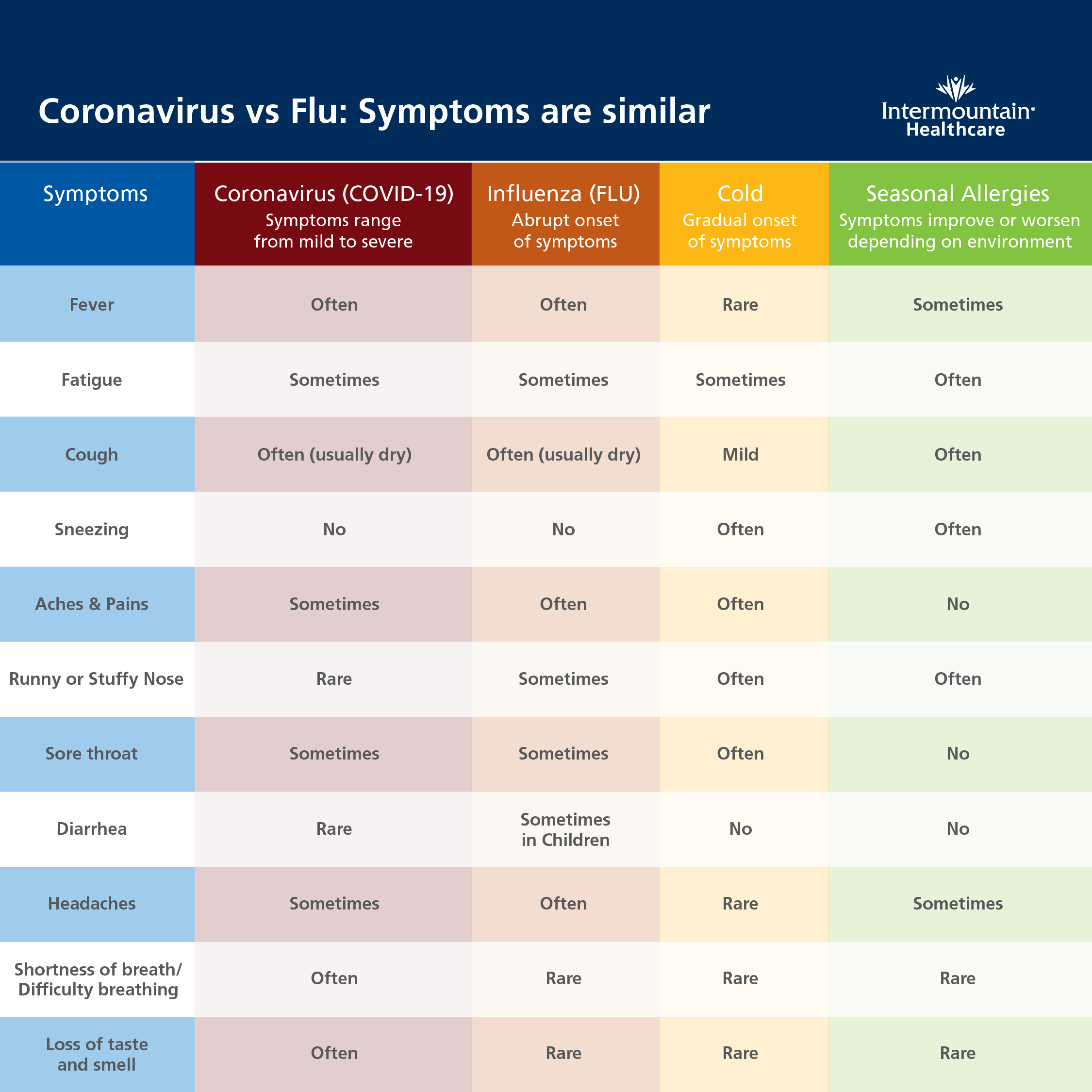
A couple of years ago, a runny nose or sore throat meant it was a common cold. However, now, COVID-19 symptoms are overlapping with common flu and cold symptoms, making diagnosis very difficult. Here is the expert’s opinion on the major differences between Omicron symptoms and that of the common cold.
New variant and infections on the rise

Omicron, the new COVID-19 variant was first detected in South Africa on November 24. Since then, the number of cases of the variant are rising. The variant is now classified as a variant of concern by the World Health Organisation (WHO). The variant has more mutations than the previous variants, making it a cause of concern. According to the US Centers for Disease Control and Prevention (CDC), it may spread more easily than others. However, they are not sure if it will be more virulent.
“Omicron has a bunch of mutations in an area that might make it more transmittable and it looks like it likely is more transmittable, but the exact mechanism is not clear yet,” stated Dr. Lisa Barrett. Dr. Barrett is an infectious disease specialist at Dalhousie University. “It will at least get around some of the protection from an infection that vaccines provide, but there’s still good protection so far from severe disease and death,” she added.
Differences: Common cold and Omicron symptoms

Since the cold season is approaching, many people will soon be falling sick. However, the distinction of if it’s a regular cold or COVID-19 is not very easy. The common cold is an infection caused by a virus in the upper respiratory tract i.e., the throat and nose. Hence, symptoms like runny or stuffy nose, cough, body aches, and sore throat are expected. Similarly, coronavirus is also a respiratory virus.
People infected by COVID-19 will experience similar symptoms as the common cold. However, gastrointestinal problems like nausea and diarrhea may also be on the list. The loss of smell and taste is one of the most distinct COVID-19 symptoms. However, according to Dr. Barrette, it is not a “useful tool to differentiate between the two” as many do not experience it. Additionally, self-diagnosis is not advised for flu-like symptoms.
While it is very early to know more about the omicron symptoms, researchers believe that omicron will cause less severe symptoms than its delta variant. Some experts believe that milder symptoms such as night sweats, mild muscle aches, fatigue, dry and scratchy throat are common. “We do have to be careful what we do in the next number of weeks and so I’m concerned it’s spreading very quickly and it has the ability at least decrease the effectiveness of two doses of vaccine. We think a third dose can help to get around that fact,” added Dr. Barrett.






